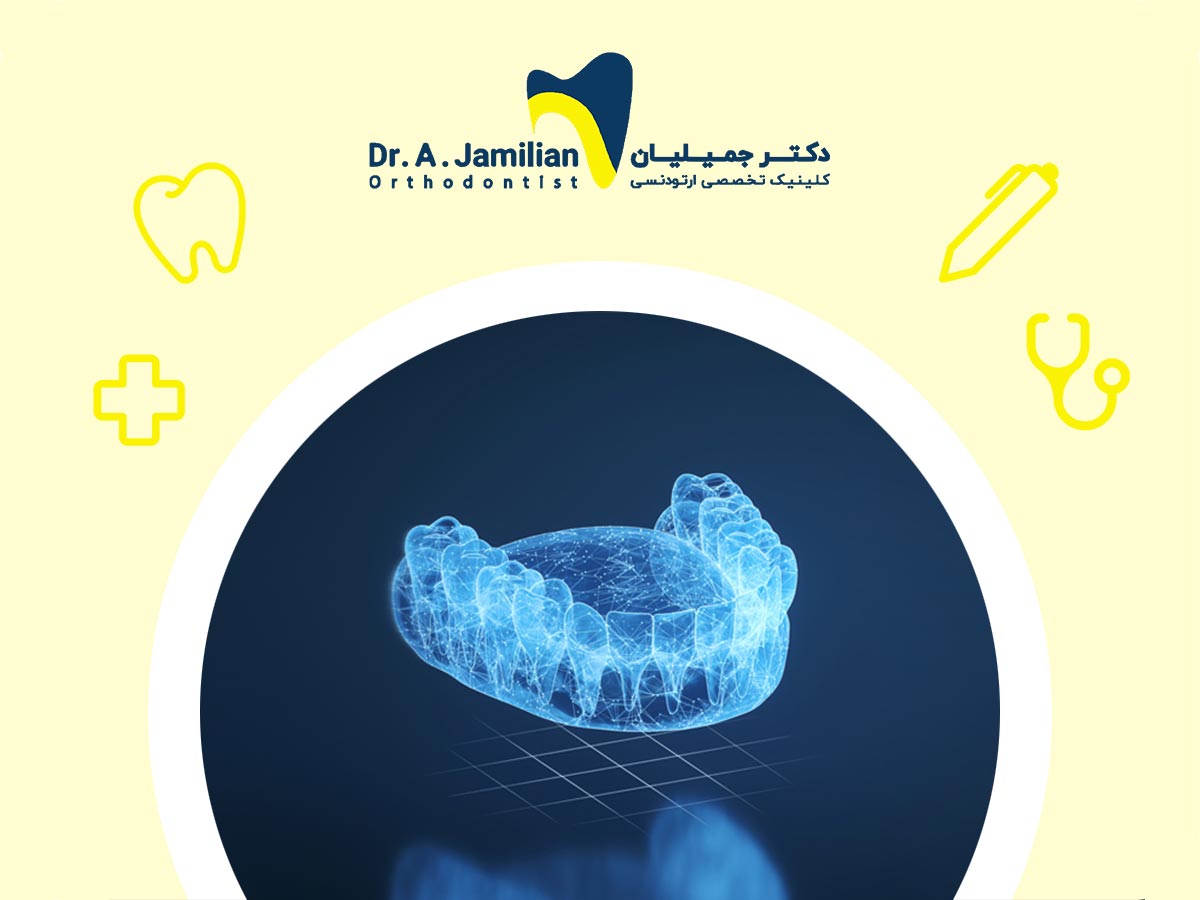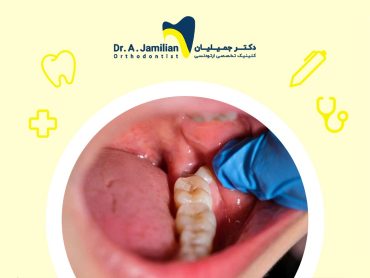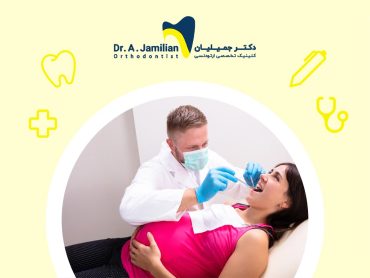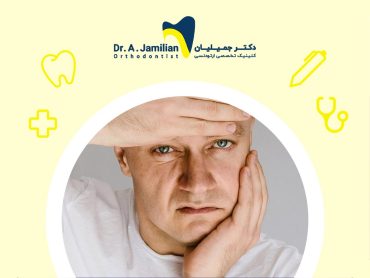Artificial intelligence in dentistry refers to the use of advanced algorithms and techniques to analyze and process specific dental data. This type of technology is capable of diagnosing diseases, planning treatments, analyzing types of dental images including radiographs, predicting treatment outcomes, and improving dental and maxillofacial surgery procedures. By analyzing large data sets and learning from existing patterns, artificial intelligence systems in dentistry help dentists make better treatment decisions and increase the accuracy of diagnoses. In general, artificial intelligence (AI) in dentistry enables dentists to provide better and higher quality services for patients.
How Artificial Intelligence Is Changing the Dental Landscape
Artificial intelligence has the potential to bring dramatic changes to different aspects of dentistry. These advancements are driven by detection algorithms for dental diseases using dental images, X-rays, and various scans. Additionally, by analyzing data available to AI, dentists can implement precise and error-free treatment strategies while achieving accurate diagnoses. Therefore, it can be said that the greatest potential of artificial intelligence in dentistry is to enhance the accuracy and precision of its analyses in diagnosing disease types and selecting appropriate treatments, leading to faster patient recovery. It is also expected that shortly, the capabilities of artificial intelligence in the fields of robotics and dental data analysis will become even more advanced.
Investigating the Applications of Artificial Intelligence in Dentistry
Artificial intelligence in dentistry has revolutionized disease detection, treatment planning, and patient management. Moving forward, we will continue to explore some of the fundamental applications of AI in dentistry.
Early Diagnosis of Dental Diseases through AI Analysis
AI’s ability to enhance diagnostic accuracy and data analysis is undeniably in dentistry. one of the most significant applications. AI provides dentists with comprehensive analyses of dental root diseases, gum conditions, and other infectious oral diseases, enabling them to make well-informed treatment decisions. By analyzing radiographic and intraoral images, artificial intelligence (AI) can immediately detect specific conditions such as infections, root issues, severe and superficial abscesses, jawbone density and other similar cases. In other words, AI significantly reduces the time required for disease diagnosis, thereby optimizing the speed and accuracy of the treatment process. It is important to note that the final treatment decision is always made by the dentist, based on the precise data and information provided by AI.
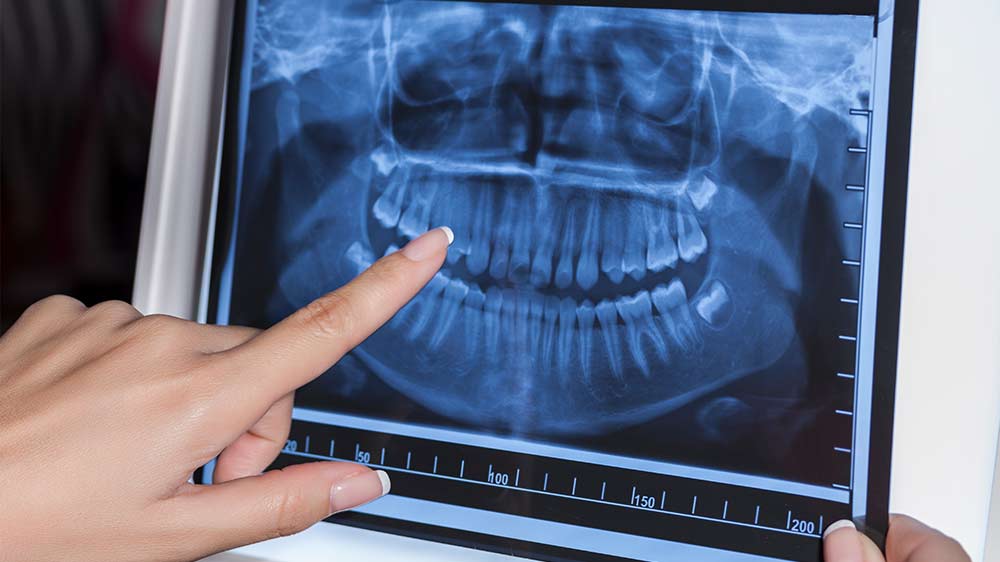
Application of Artificial Intelligence in Dental Restorative Treatment
Artificial intelligence is used to enhance dental restorative treatments, including prostheses such as inlays and onlays, crowns, and bridges. It should be noted that without the use of artificial intelligence, there is a possibility of encountering minor errors in dental restorations and asymmetries in dental prostheses. However, these errors are significantly minimized with the application of AI.
For some treatments, such as implants, artificial intelligence can be highly efficient in developing detailed treatment plans. Using 3D imaging and AI algorithms, dentists can precisely plan the dimensions and positions of dental restorations before beginning treatment. This increases accuracy and improves treatment outcomes. There are also AI-based software tools used in the design and production of prostheses, such as dental crowns. These tools enable the creation of veneers and crowns based on the individual’s anatomy, increasing accuracy and reducing the need for tooth preparation or replacing crowns.
Artificial Intelligence in Dental Radiology
AI offers numerous advantages in dental radiology, including the ability to integrate MRI imaging, dental cone beam computed tomography (CBCT), and other specialized features. For example, AI in radiology can detect the smallest deviations in the jaw and teeth, positively impacting dental treatments.
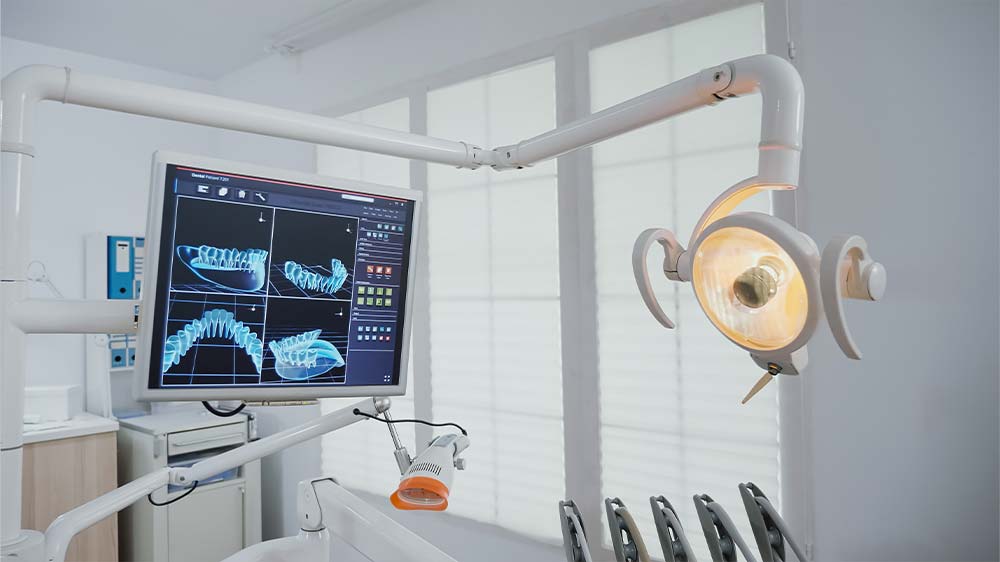
Application of Artificial Intelligence in Orthodontics
It is interesting to know that one of the remarkable achievements of artificial intelligence in dentistry is related to dental orthodontics. You might be wondering how this is possible. To address this, we should say that some orthodontic steps, such as diagnosing maxillofacial deformities, and malocclusion, and suggesting appropriate treatment plans can be done by artificial intelligence. It’s important to note that artificial intelligence also creates 3D scans and virtual models that provide detailed descriptions of jaw abnormalities. With these capabilities, it can be said that artificial intelligence has made orthodontic treatment easier and more applicable in this field.
Artificial intelligence plays a critical role in helping orthodontists by facilitating the diagnosis of maxillofacial deformities and malocclusion, such as overjet, overbite, and crossbite. Further applications of artificial intelligence in orthodontics include the ability to simulate and present complete visual representations of patients’ teeth when orthodontic appliances are applied. This approach encourages patients to continue their orthodontic treatment by allowing them to see the progress in correcting jaw and tooth anomalies.
Application of Artificial Intelligence in Providing Accurate Plans for Dental Treatment
Another application of artificial intelligence in dentistry includes providing precise treatment plans for the treatment process. By analyzing patient data, AI can generate a detailed plan for the patient’s treatment and oral care instructions. Therefore, dentists can expedite patient appointments and treatment through the utilization of artificial intelligence. AI simulates various treatment plans for procedures such as orthodontics and implants. Subsequently, the dentist or orthodontist chooses the best treatment plan based on AI suggestions and analysis.
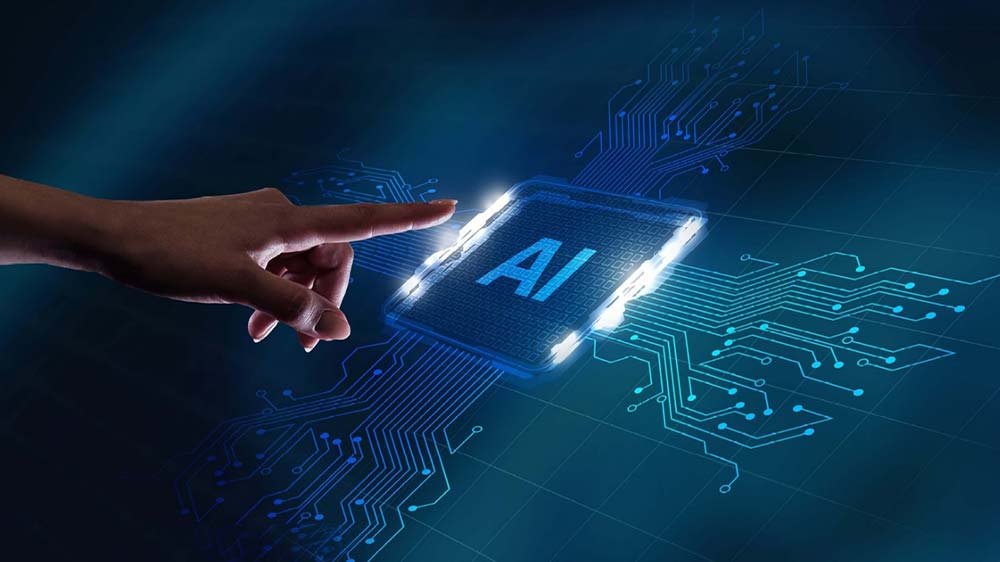
Effects of Artificial Intelligence on Dentistry
In recent years, artificial intelligence has had a significant impact on dentistry. For example, the analysis of dental CT scans with the help of artificial intelligence has increased the accuracy in diagnosing problems and diseases of the jaw and teeth. This leads to more precise treatment for dental problems, and as a result, the speed of proper treatment is significantly increased.
When a specialist dentist utilizes artificial intelligence to analyze a patient’s data and information, they can diagnose the cause of the problem and the patient’s oral disease quickly and accurately. However, it’s important to note that specialist dentists do not rely entirely on artificial intelligence and only use it to expedite patient treatment. This can be particularly beneficial in regions with limited access to specialized dentists.
Artificial Intelligence in Dentistry FAQ
Artificial intelligence is widely used in diagnosing root disease, diagnosing root fractures, apical foramen, veneer fabrication, creating orthodontic treatment plans, and more. By using machine learning to analyze data, artificial intelligence suggests various treatment plans. Dentists will then apply their knowledge and expertise to select the optimal treatment plan.
The advancement of artificial intelligence in dentistry will reduce the time spent by patients and dentists, and will additionally reduce the cost of treatment. However, this may not apply to all health services, such as orthodontics and dental surgeries.
